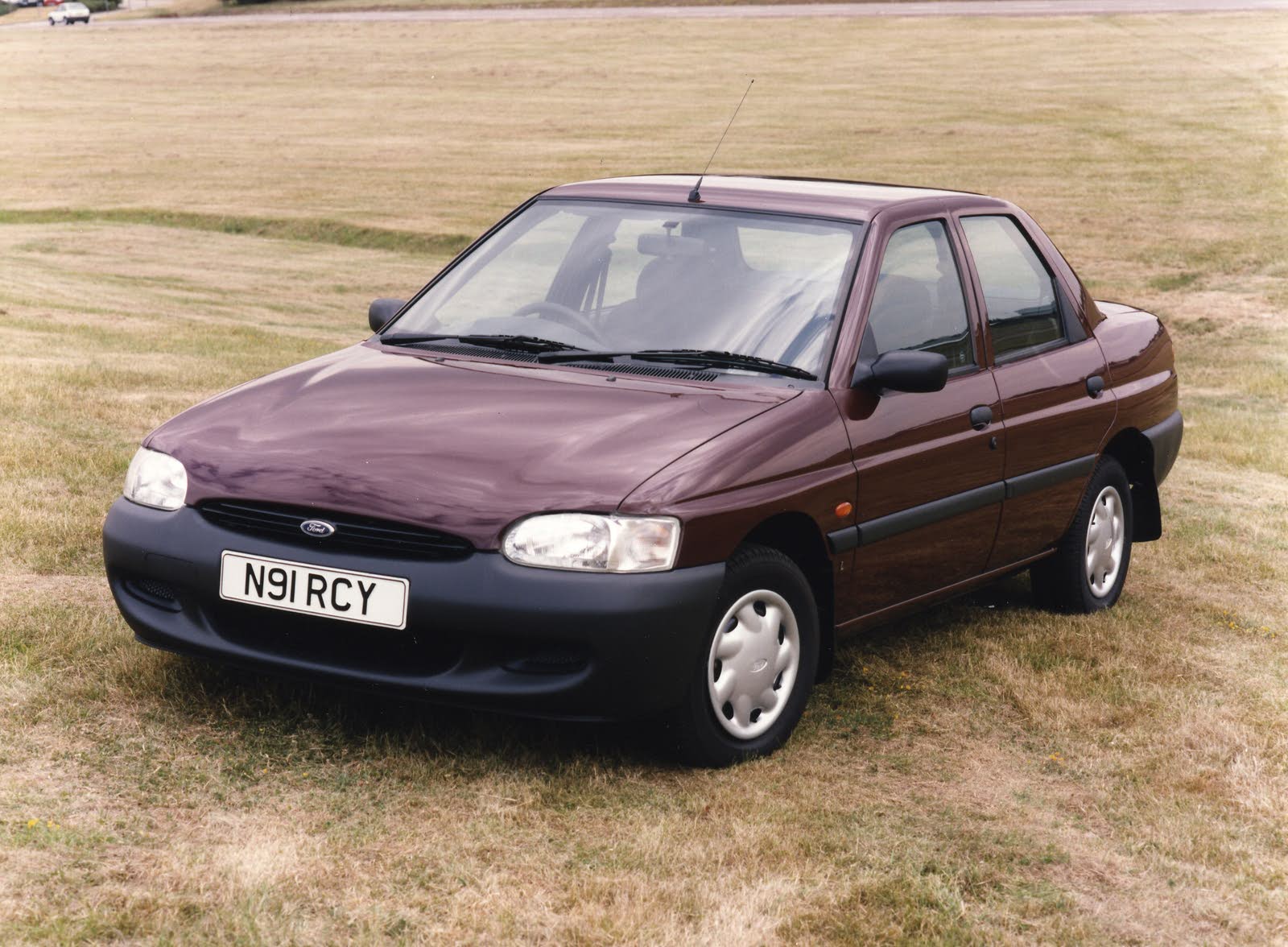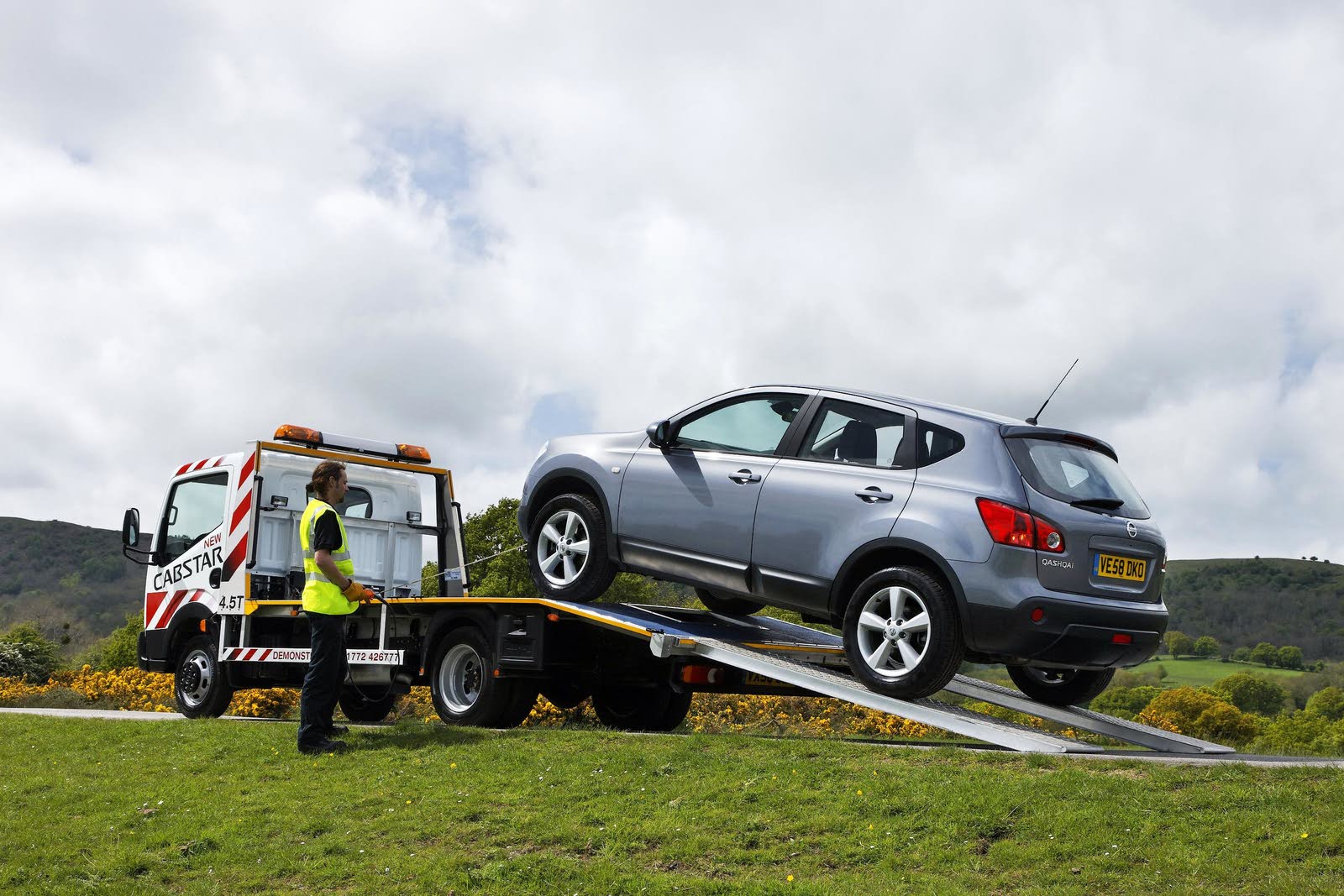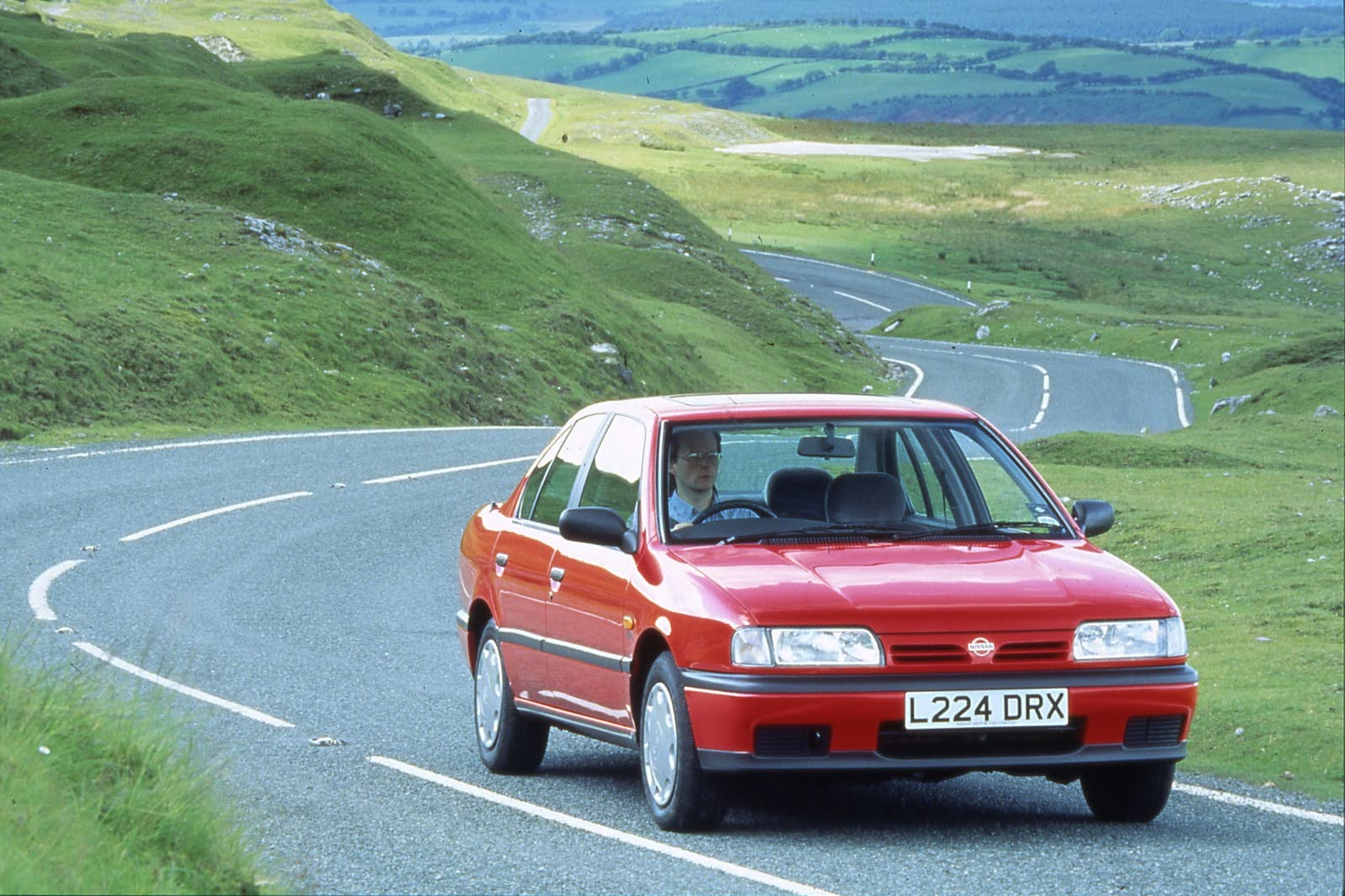A growing family, a yearning for something sporty, the end of your driving career, or just the need for a change: No matter what the reason, chances are the need to get rid of your current car will arise at one time or another.
Conventional thinking dictates you will want to get as much money for your motor as possible to ease the financial burden of trading up, and will thus need to decide the best way to sell your car.
However, there is a more altruistic alternative in the form of car donations. Put simply, you donate your car to a firm that either recycles it or sells it. The money raised is then given to a charity of your choice.

Hassle-Free
Donating your car to charity is a simple process. Any car is eligible, regardless of whether it has a valid MoT certificate, a broken engine, rusty bodywork, or missing wheels.
Some owners have been known to donate the funds raised from the sale of valuable classic cars to charity. At the other end of the spectrum, a banger that’s destined for the scrapyard can provide valuable extra income for a good cause and donating will remove the hassle of organising the disposal of it yourself.
Initial Information
A car donation firm will need to ascertain roughly how much your motor is worth so that it can decide whether to scrap it or sell it. As such, you will need to provide the same details necessary to list the car for sale: make, model, and registration number, as well as its mileage and MoT expiry date.
In addition, you will need to tell the charity where the car is located so that it can organise collection.

What Happens When I Donate my Car?
Once the donation firm has taken details of your car, it will arrange to collect it, usually on a recovery truck and always free of charge. This will happen at a mutually convenient time, usually within one week of first making contact.
Regardless of whether the company decides to scrap your car or sell it at auction, it won’t cost you a penny. Some car donation organisations will give 100% of a scrapped vehicle’s value to charity, while others will charge a fee of up to 25% to cover administration costs. If the firm decides instead to sell your car at auction, additional fees will be deducted, which will vary depending on the donation company and auction house (you can contact them directly to find what the current fees are).
Once your car has been sold or scrapped, you will be sent a receipt detailing how much it has raised for charity.
Legal Obligations
When your car is towed away the recovery agent will complete the relevant section of the V5C registration form (you should have this filed away safely—it is your car’s equivalent of a birth certificate), which you will also be required to sign. You must then send this section of the form to the DVLA, notifying it of the change of vehicle ownership, which ends your legal responsibilities for the car.
If your car is to be scrapped, you will be issued with a Certificate of Destruction, which you should file in a safe place.

Additional Benefits
As is the case when selling any car, you can reclaim remaining Vehicle Excise Duty (road tax) when you donate your car to charity, so long as there is more than a full month left to run. This will automatically happen when you inform the DVLA of a change of ownership, which will then either refund your bank account if you pay by direct debit or send you a cheque.
In addition, if you are a UK taxpayer and the car donation firm you are using is itself registered as a charity, it will be able claim government Gift Aid on your donation to increase its value. The rate for this is currently set at 25%.
A Genuine Charity
As with any charitable donation, it is important to check the credentials of a car donation service to ensure it is genuine. Look for a firm that is set up either as a registered charity or as a not-for-profit organisation.
With the majority of donated cars being at the end of their useful life and thus destined for the scrapyard, it is also worth checking whether the donation company is registered with the Environment Agency to ensure your car will be recycled according to best practice.
With these few simple checks in place, you can not only dispose of your unwanted car in one of the easiest ways possible, but also put its value towards a good cause.

